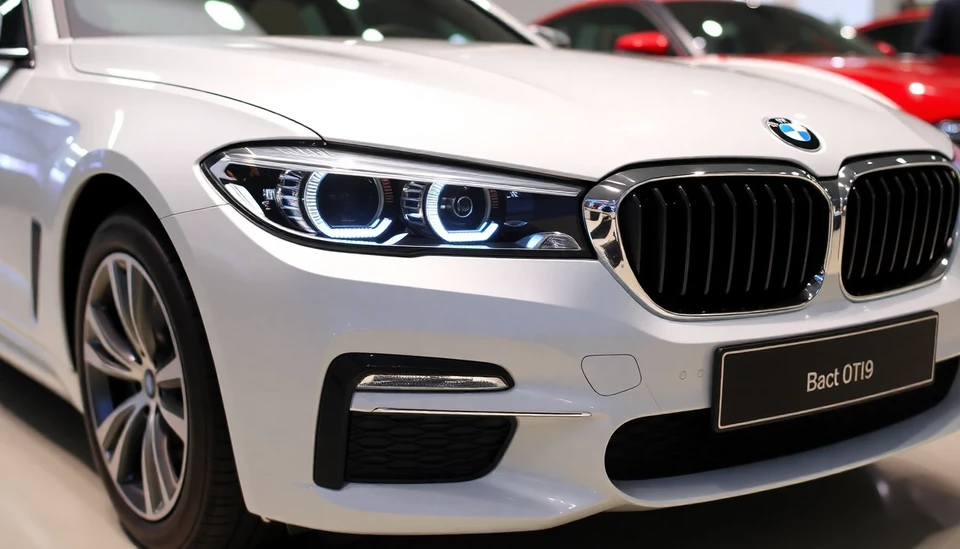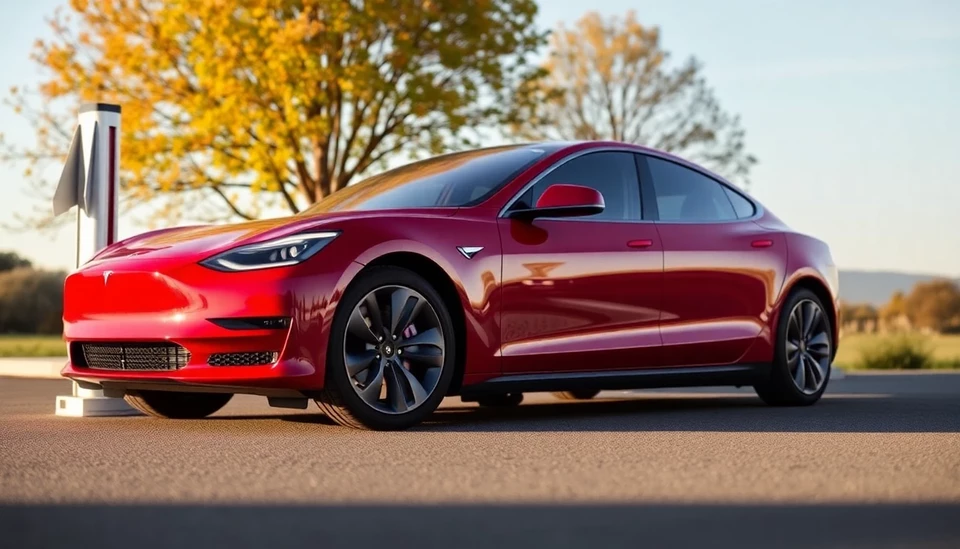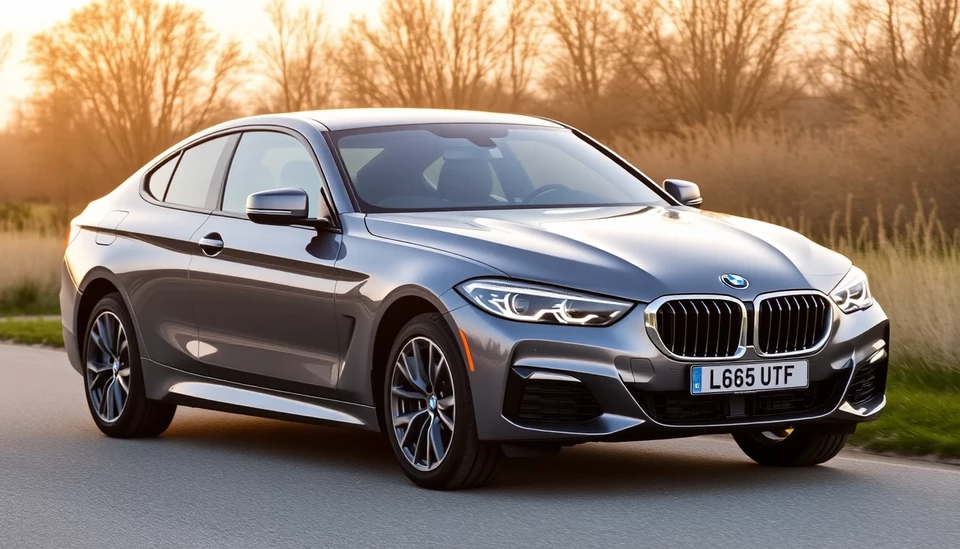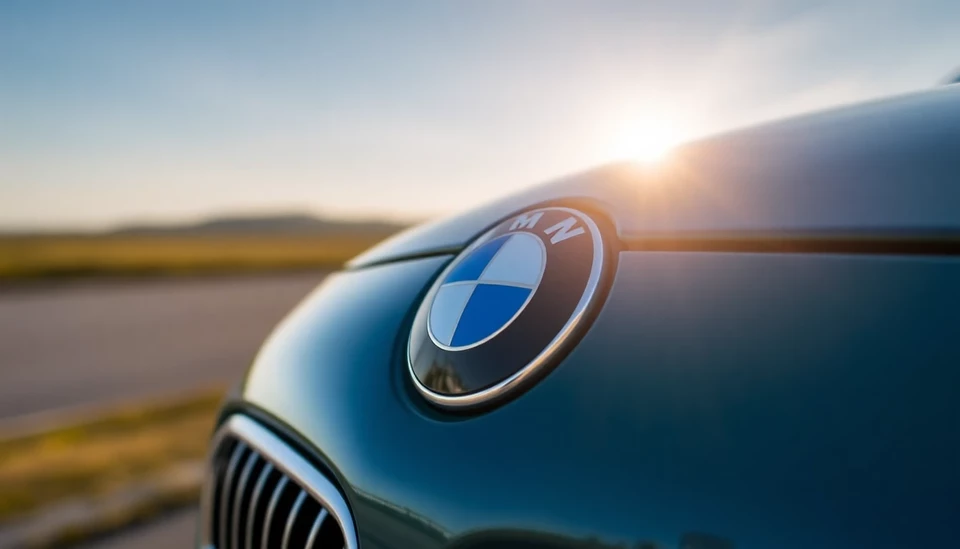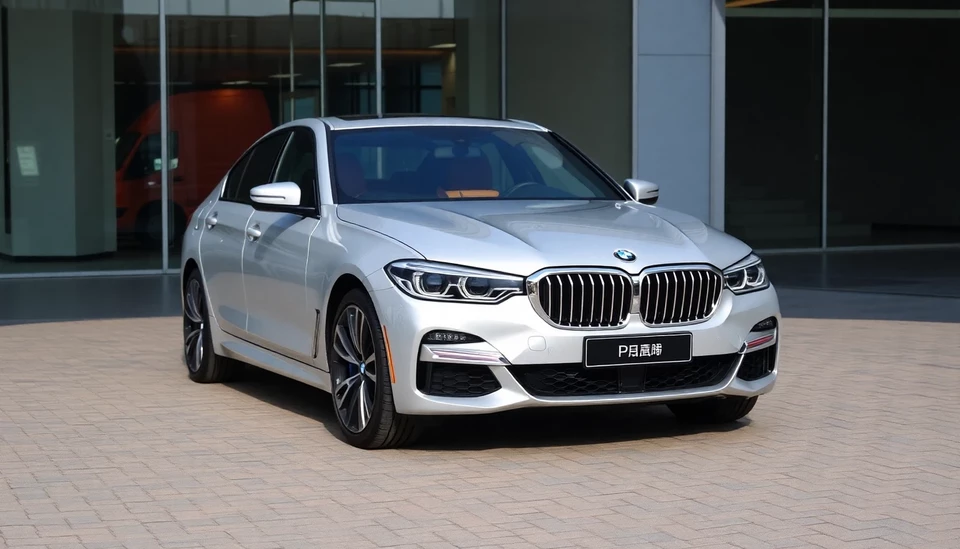
In a concerning development for the automotive industry, BMW has reported a significant decline in sales, primarily driven by issues related to a critical brake fault and a notable slump in consumer demand in its largest market, China. The luxury vehicle manufacturer is now grappling with the repercussions of these challenges that have impacted its overall performance in the competitive automotive landscape.
As evidenced by the latest reports, BMW's sales figures have dropped sharply, reflecting growing worries over the reliability of its vehicles. The company has faced scrutiny over a specific defect that affects the braking system, which has raised alarms among consumers and safety advocates alike. This situation has been compounded by the economic environment in China, where consumer sentiment has waned, leading to decreased vehicle sales across the board.
The backlash against BMW has been substantial, with many loyal customers expressing frustration over what they perceive as a lapse in quality control. The brake fault issue has prompted a wave of concerned inquiries and has resulted in an increased number of service appointments as the company attempts to remedy the situation effectively. It appears that this incident has not only tarnished BMW's reputation but also impeded its ability to compete robustly in an already challenging market.
In response to these hurdles, BMW has initiated a series of corrective measures aimed at restoring both consumer confidence and its market position. The company is evaluating its manufacturing processes in addition to expanding its communication with customers to address any potential safety concerns. Furthermore, BMW is actively working on enhancing its product offerings to better meet the changing demands of today's customers, particularly in light of the rapid advancements in electric vehicle technology and sustainability initiatives.
As the luxury car market continues to evolve, the challenges faced by BMW in China may have broader implications for the global automotive industry. The need for rigorous quality assurance and innovation has never been more critical as companies aim to navigate shifting consumer preferences and a growing emphasis on safety and sustainability. Analysts suggest that BMW’s experience could serve as a cautionary tale for other automakers, underlining the importance of maintaining high standards while adapting to market dynamics.
Looking ahead, BMW's path to recovery will depend on its ability to swiftly resolve these issues and rejuvenate its brand image in key markets. The company must not only tackle immediate concerns related to vehicle safety but also focus on long-term strategies for growth and customer loyalty. Only time will tell if BMW can bounce back fully from this setback and reclaim its status as a leader in the luxury automotive sector.
In conclusion, the combination of a damaging brake fault and weakened demand in China underscores a challenging period for BMW. As the company strives to navigate these turbulent waters, its commitment to quality and customer satisfaction will be put to the test, signaling a crucial moment for both the brand and its customers.
#BMW #SalesDecline #ChinaMarket #BrakeFault #LuxuryCars #AutomotiveIndustry #ConsumerDemand #Innovation #SafetyStandards
Author: Victoria Adams
